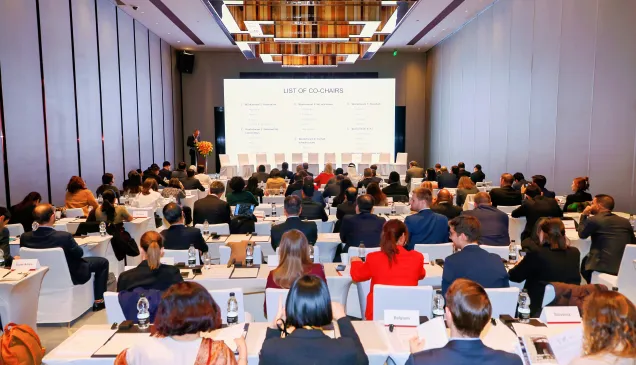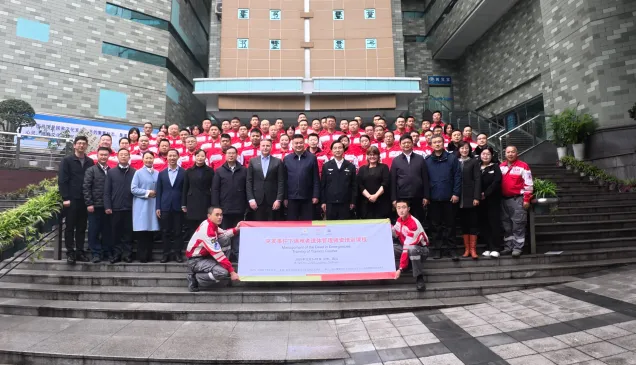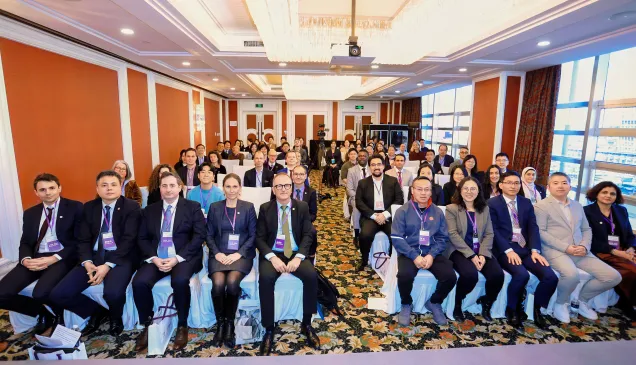China: establishment of the university alliance to promote international humanitarian law
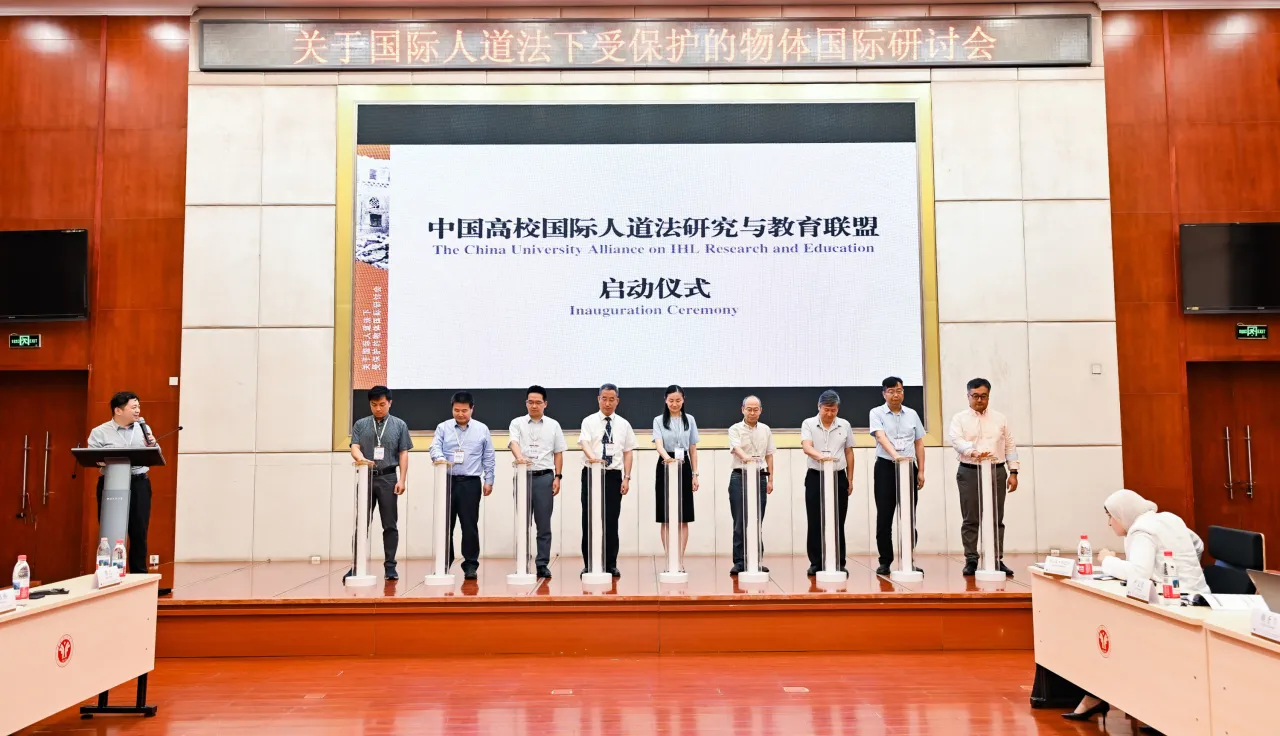
As the world grapples with increasing instability and the intensification of armed conflicts, humanitarian consequences are becoming more severe and protracted. Civilians are bearing the brunt of violence, and essential infrastructure is being destroyed or disrupted. In this context, international humanitarian law (IHL) is under growing pressure, with its norms frequently disregarded or challenged. Upholding respect for IHL has never been more urgent to protect those affected by conflict and to preserve a minimum of humanity in war.
To strengthen China’s capacity in IHL research, education, and talent development, the China University Alliance on International Humanitarian Law Research and Education (hereinafter “the Alliance”) has been officially established. The initiative was jointly launched by the School of International Law at Southwest University of Political Science and Law (SWUPL) and other institutions.
Video: experts share their views on the establishement of the Alliance
Founding Members
The Alliance’s founding members include the following institutions (listed in alphabetical order):
- China Foreign Affairs University, Department of International Law
- China University of Political Science and Law, School of International Law
- East China University of Political Science and Law, School of International Law
- International Academy of the Red Cross and Red Crescent
- Jilin University, School of Law
- Northwest University of Political Science and Law, School of International Law
- Southwest University of Political Science and Law, School of International Law
- Wuhan University, School of Law
- Zhongnan University of Economics and Law, School of International Law
Launching Ceremony and Roundtable Discussion
On June 21, 2025, the official launching ceremony of the Alliance was held in the Academic Lecture Hall of the Yucai Building at SWUPL.
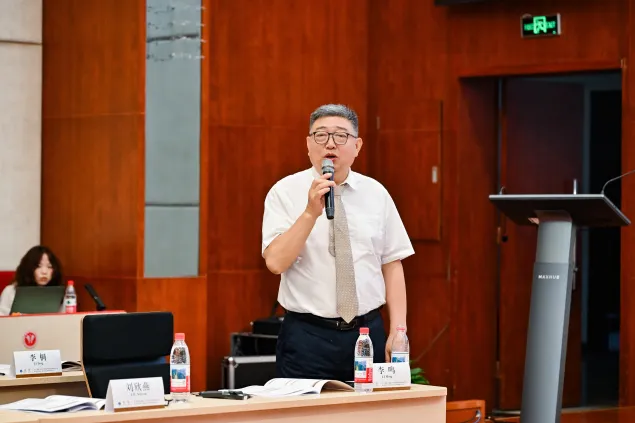
Following the ceremony, Professor Li Ming, Executive Vice President of the Chinese Society of International Law, chaired a roundtable discussion among representatives of the Alliance’s member institutions.
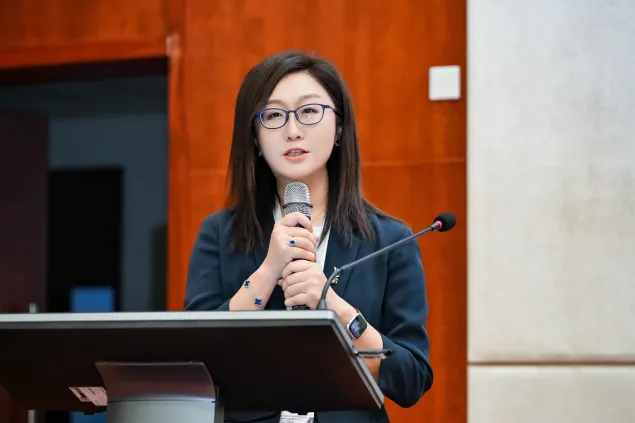
Dr. Liu Xinyan, Legal Adviser of the International Committee of the Red Cross (ICRC), provided a detailed overview of the origins of the Alliance’s conception, the main activities it could undertake, and the supports the ICRC could offer to the Alliance.
During the roundtable, participants held in-depth discussions on the Alliance’s vision, structure, and future initiatives. Key topics included best practices in IHL education, the development of a robust disciplinary framework, and mechanisms for institutional cooperation and academic exchange.
The representatives emphasized that promoting the development of IHL education and research requires a comprehensive approach that combines theoretical innovation, practical engagement, and the strategic integration of academic and professional resources. There was broad consensus on the Alliance’s potential to become a vital force in advancing IHL in China and beyond.
An Open and Collaborative Platform
Participants also agreed that the Alliance will operate as an open and inclusive platform, actively welcoming other universities and institutions committed to the study and promotion of IHL. By fostering collaboration and knowledge-sharing, the Alliance aims to contribute meaningfully to the advancement, dissemination, and implementation of international humanitarian law.
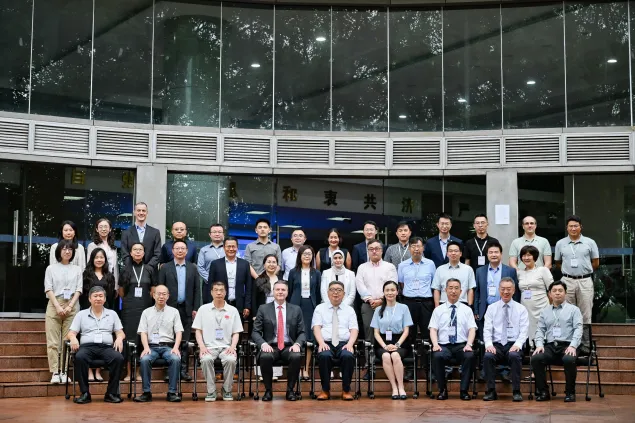
From 21 to 22 June 2025, the ICRC, SWUPL, and the Chinese Society of International Law jointly hosted the Symposium on Protected Objects under IHL and the Inauguration of the China University Alliance on IHL Research and Education in Chongqing, China.
Background
International humanitarian law (IHL) is a set of rules that seeks, for humanitarian reasons, to limit the effects of armed conflict. It protects persons who are not, or are no longer, directly or actively participating in hostilities, and imposes limits on the means and methods of warfare.
China has consistently advocated for the respect of IHL in armed conflicts at the United Nations and other international forums. In September 2024, China, together with Brazil, France, Jordan, Kazakhstan, and South Africa, jointly launched a global initiative with the ICRC to galvanize political commitments to IHL.

